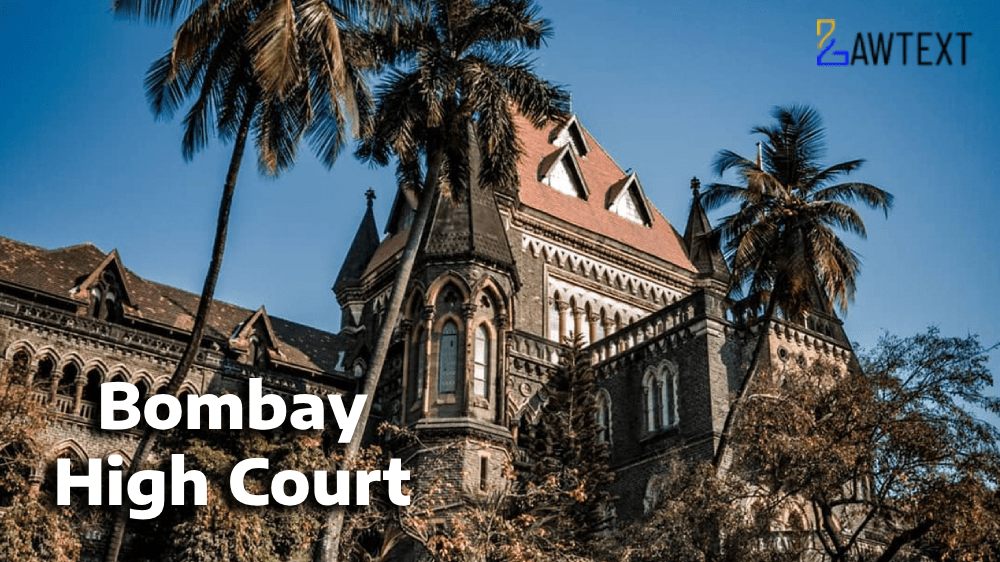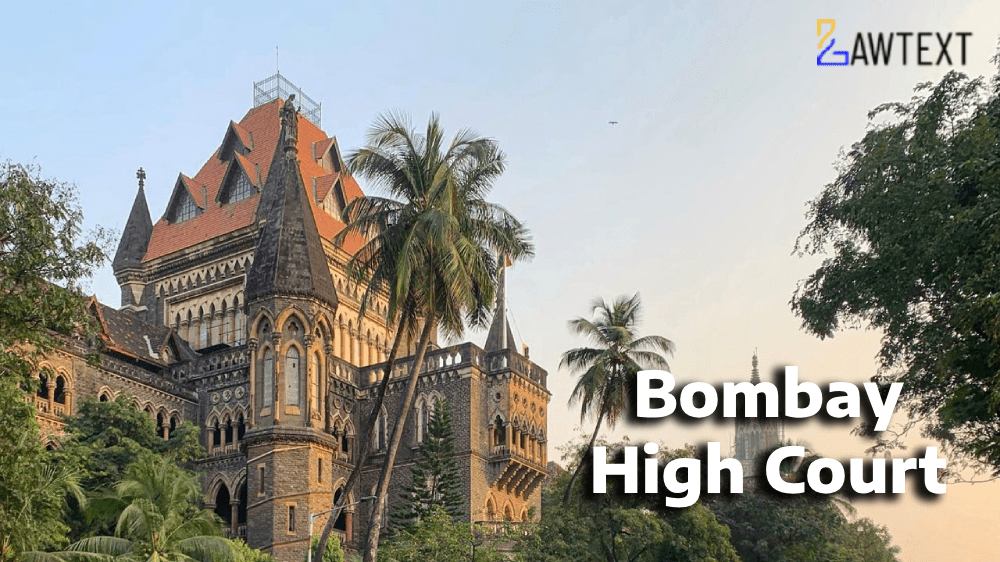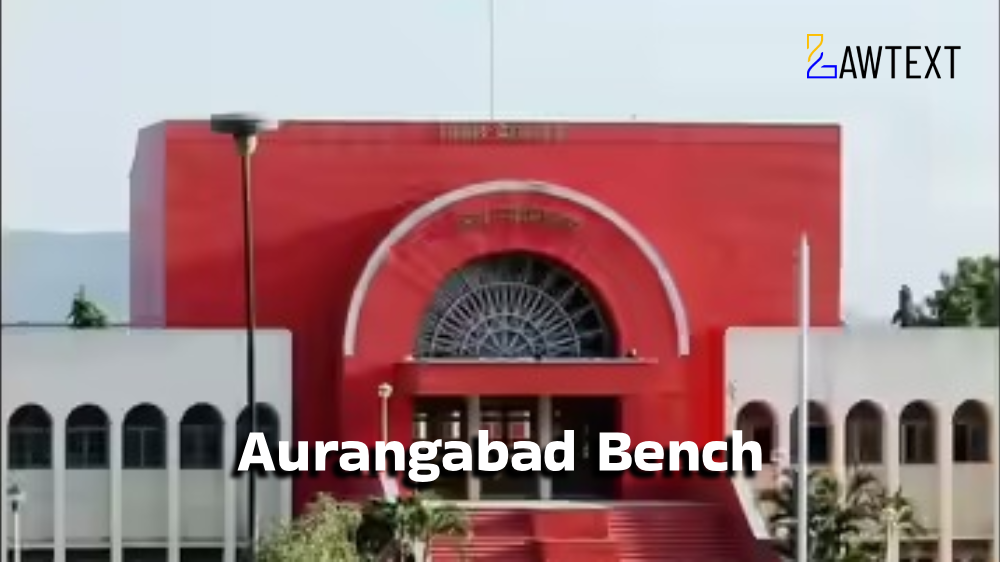Case Note & Summary
The petitions challenge the Maharashtra Right of Children to Free and Compulsory Education (Amendment) Rules, 2024, which add provisos to Rules 4(5) and 8(2) of the Maharashtra Right of Children to Free and Compulsory Education Rules, 2011. These amendments exempt private unaided schools within 1 km of government/aided schools from admitting 25% of students from disadvantaged groups and deny reimbursement for such admissions. The petitioners argue that these amendments violate Section 12(1)(c) of the RTE Act, 2009, and Article 21-A of the Constitution. The court's analysis concludes that the amendments are ultra vires the RTE Act and unconstitutional, thus declaring them void and inoperative.
(A) ChallengePetitions Overview
Challenge to Maharashtra Right of Children to Free and Compulsory Education (Amendment) Rules, 2024. Amendments to Rule 4(5) and Rule 8(2) of the Maharashtra Right of Children to Free and Compulsory Education Rules, 2011. Proviso exempts private unaided schools from 25% admissions if government/aided schools are within 1 km. PIL Petition (L) No.15520 of 2024 challenges these rules, communications, and circulars implementing them.Amendments Details
Notified on 9th February 2024. Proviso to Rule 8(2) states identified private unaided schools are not eligible for reimbursement under Section 12(2) of the RTE Act. (B) Evolution of LawHistorical Context
Article 45 pre-Eighty-Sixth Amendment: State's duty for free education until age 14. Post-Amendment: Focus on early childhood care and education until age six. Article 51A(k) mandates parental duty for educational opportunities for children aged 6-14.Judicial Recognition
Supreme Court in Unni Krishnan J.P. recognized the fundamental right to free education up to age 14.Legislative Actions
Eighty-Sixth Amendment: Introduced Article 21-A mandating free and compulsory education for children aged 6-14. RTE Act, 2009: Enacted to enforce Article 21-A, mandating 25% admission for disadvantaged groups in private unaided schools with reimbursement provisions. Analysis and ArgumentsPetitioners' Arguments
Violation of Section 12 of the RTE Act: Mandate for 25% admissions without distance condition. Infringement of Fundamental Rights: Restricts right to free and compulsory education under Article 21-A. Contravention of Constitutional Principles: Against Article 15(5) for advancement of backward classes. Arbitrary and Unreasonable: Undermines inclusive education objective.State's Defense
Regulatory Power and Financial Justification: Power to amend for effective resource management. Quality of Education in Government Schools: Aims to fully utilize resources. Judicial Precedents: Similar provisions upheld in other states.Interveners' Perspective (Private Schools)
Right and Responsibility Distinction: Government's primary duty to provide educational infrastructure. Conditional Responsibility: Obligations should diminish if state fulfills its duty. Legal Precedents and Constitutional Interpretation Supreme Court Cases Pramati Educational Trust: RTE Act does not violate Article 19(1)(g) for non-minority private schools. Pathapati Subba Reddy: Legislative provisions with financial consequences cannot be invalidated. Discussion and AnalysisValidity of Delegated Legislation
Supreme Court guidance: Rule exceeding power or inconsistent with parent statute is ultra vires.Section 38 of the RTE Act
Empowerment to make rules, but they must align with the RTE Act's mandate.Contradiction with Section 12(1)(c)
Mandates 25% admissions for disadvantaged children without distance condition. Impugned proviso imposes unjust conditionality, contradicting the RTE Act.Judicial Observations
Inclusive nature of education mandates unaided schools' participation under reasonable regulation.Other High Court Rulings
Allahabad High Court and Himachal Pradesh High Court rulings invalidating conditionality on Section 12(1)(c).Financial Constraints Argument
State's financial expenditure cannot override statutory mandate of free and compulsory education.Comprehensive Scheme of RTE Act
All provisions must operate concurrently to fulfill constitutional mandate. ConclusionProviso to Rule 4(5)
Contradicts unconditional mandate of Section 12(1)(c) of the RTE Act. Declared void for being ultra vires the RTE Act and unconstitutional.Proviso to Rule 8(2)
Held inoperative. Communications and circulars implementing the proviso quashed.Admissions Already Made
Admissions of non-disadvantaged children not disturbed. Ensure 25% admissions for disadvantaged groups, possibly increasing total seats.Petitions Allowed
Interim application disposed of. Costs made easy.
Issue of Consideration: Akhil Bharatiya Samajwadi Adhyapak Sabha & Ors. Versus State of Maharashtra & Ors.
Premium Content
The Issue of Consideration is only available to subscribed members.
Subscribe Now to access critical case issues








